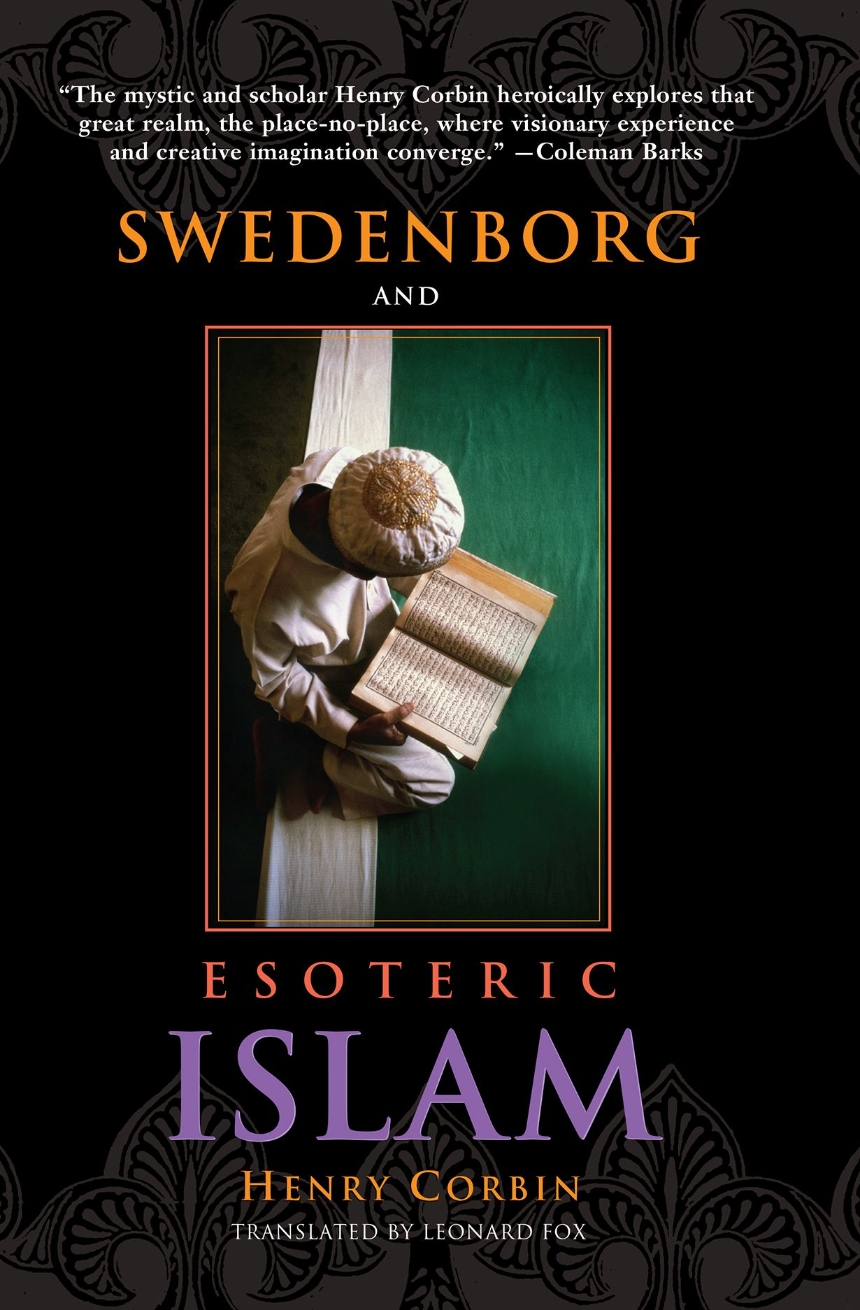This volume makes two essays by Henry Corbin, the eminent French scholar of Islam, available in English for the first time. Although his primary interest was the esoteric tradition of Islam, Corbin was also a lifelong student of the theological works of Emanuel Swedenborg. The first essay, "Mundus Imaginalis, or The Imaginary and the Imaginal," clarifies Corbin’s use of the term he coined, mundus imaginalis, or "the imaginal world." This important concept appears in both Swedenborgian and esoteric Islamic spirituality. The second piece, "Comparative Spiritual Hermeneutics," compares the revelation of the internal sense of the sacred boks of two distinct religions, Christianity and Islam.
Excerpt
"By its nature, at the heart of a prophetic religion -- that is, a religion that professes the necessity of superhuman mediators between the divinity who inspires them and humanity as a whole -- there is the phenomenon of the Sacred Book that every prophet who has the quality of a Messenger (morsal, rasul) brings to man. This pehnomenon preeminently creates a "hermeneutic situation," the great issue being to know and understand the true meaning of the Book. It is on that point that, for a number of years, my research has drawn my attention to the common factors in the manner in which spiritual individuals, mystics or mystic theosophers, have read or read the Bible in Christianity and the Qur’an in Islam. I do not refer in any way here to the very famous medieval theory of the four meanings of the Scriptures (literal, moral, allegorical, and anagogic); this theory, in relation to our present subject, is as inoperative as it is harmless. The way of reading and comprehending to which I refer presupposes, in the strict sense of the word, a theosophia, that is the universes that are not discovered by means of syllogisms, because they do not reveal themselves except through a certain mode of cognition, a hierognosis that unites the speculative knowledge of traditional information to the most personal interior experience, for, in the absence of the latter, technical models alone would be transmitted, and these would be doomed to a rapid decline. It also happens that the truth of the hidden meaning is manifested from time to time as a new revelation under the inspiration of the Spirit; the hermeneutics are renewed; they accompany the recurrence of a certain number of archetypes, which attests in a way to the objectivity of the spiritual worlds on which these hermeneutics rely.
"Only two pinnacles can be considered in the course of this discussion. In the eighteenth century, in Christianity, the great Swedish visionary theosopher Emanuel Swedenborg (1688-1772) was truly, in his immense work, the prophet of the internal sense of the Bible -- and this spiritual sense has nothing to do with allegory. In Islam, on the other hand, there is the entire religious phenomenon of Shi’ism, which, whether in tis Twelve-Imam or Seven-Imam (Isma’ili) form, is based essentially on the spiritual hermeneutics of the Qur’an, on the esoteric sense of the prophetic Revelations."

